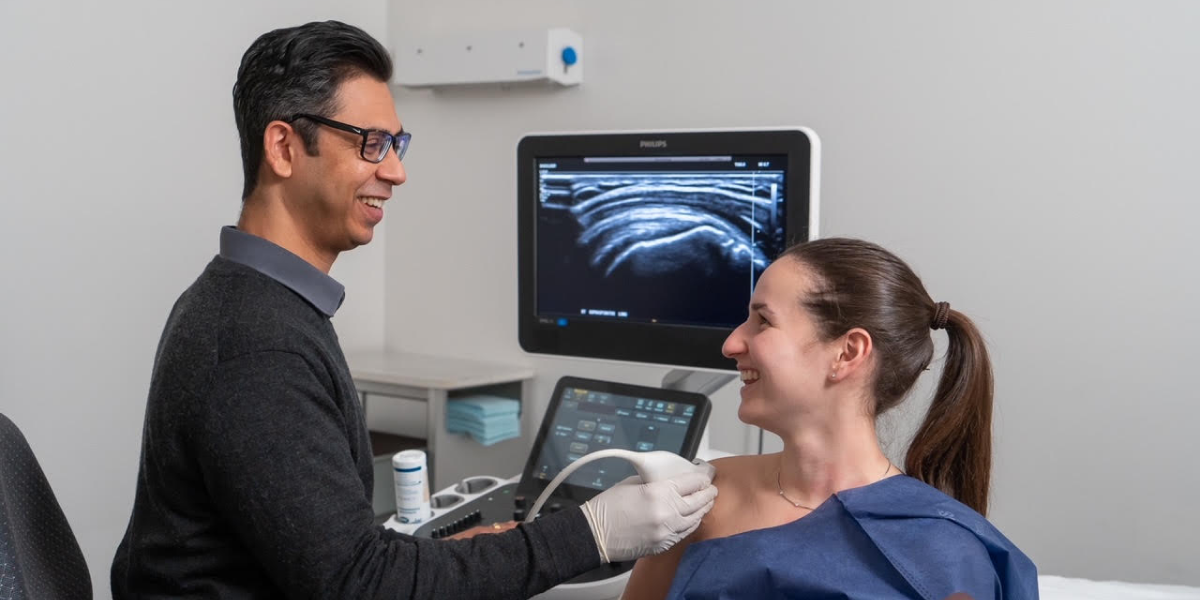Receptionists are a critical component of the US economy who provide administrative support to a wide variety of people in many different industries. Although nearly all businesses employ receptionists, the highest percentage of people in the profession work in healthcare. According to the US Bureau of Labor Statistics, receptionists can expect job growth of around 14% over the next 10 years. Most of this growth can be attributed to increased demand for medical care resulting from a larger population, the number of retired Baby Boomers, and the recent expansion of healthcare coverage to uninsured Americans.
Basic Tasks Included in the Medical Receptionist Job Description
The medical industry is a complex segment of the economy that encompasses several different types of providers who specialize in various aspects of an individual’s health. Although it is possible to provide a general outline of common responsibilities that are included in the standard medical receptionist job description, it is impossible to offer a detailed outline of each of the many variations that may be encountered in different offices and clinical settings. Individuals are well-advised to contact local employers in order to develop a more informed idea of the specific types of tasks that an aspiring receptionist will be expected to perform.
In most cases, a receptionist will be hired to perform routine administrative tasks that are meant to help the office operate in an effective manner and continuously deliver high quality care to the public. A few of the most common responsibilities associated with the position include…
- Answering phone calls and relaying phone messages
- Welcoming patients and providing them with required paperwork
- Scheduling and confirming appointments
- Escorting patients to the appropriate exam room or department
- Communicating with other office personnel and medical providers
- Entering data into computer systems
- Copying, filing, and maintaining both paper and electronic records
- Processing incoming and outgoing mail
- Handling billing and payment concerns
Additional activities may be incorporated into the medical receptionist job description based on the nature of the medical conditions being managed, the unique needs of the medical providers, the size of the office, and the amount of office support that has been employed. In some cases, the receptionist may be expected to transcribe written information, create invoices, maintain financial records, prepare and distribute office memos, and coordinate meetings.
Essential Knowledge and Skills
Hospitals and independent medical facilities are fast-paced environments that require specific skills in order to become successful. Employers commonly look for applicants who possess the attributes needed to become a productive and valued member of the staff. Although it isn’t always necessary for a receptionist to complete a college degree, administrators typically prefer to hire those who have a strong grasp of the English language, possess basic computer skills, and who are familiar with standard clerical procedures. The importance of these elements is demonstrated by the fact that they are often outlined in the medical receptionist job description. Several local community colleges and career programs offer courses that are designed to provide high school graduates with the basic knowledge and skills they will need for entry-level vocational careers such as that of a receptionist.
In addition to understanding how a medical office is run, those who plan to work in this profession should be capable of working well with their coworkers and possess a well-developed appreciation for what it means to provide high quality patient care. A successful receptionist is courteous, professional, and genuinely interested in the well-being of others. This means communicating with office personnel and patients in a respectful manner regardless of how stressful a situation might be. The ability to speak clearly, listen actively, and think critically are highly sought after attributes in the medical community and can open the door to several employment opportunities for those who would like to position themselves to take advantage of the growth that is occurring in this profession.
Individuals who are interested in the medical industry, but who lack a college degree and who are yet uncertain about the career path they wish to take are encouraged to consider working as a receptionist. The medical receptionist job description is fairly straightforward and can provide an excellent avenue for gaining exposure to a diverse range of employment options. Those who feel that they would like to pursue a related profession can make the transition once they have acquired a few years of experience and have had the opportunity to demonstrate their suitability for patient care.




